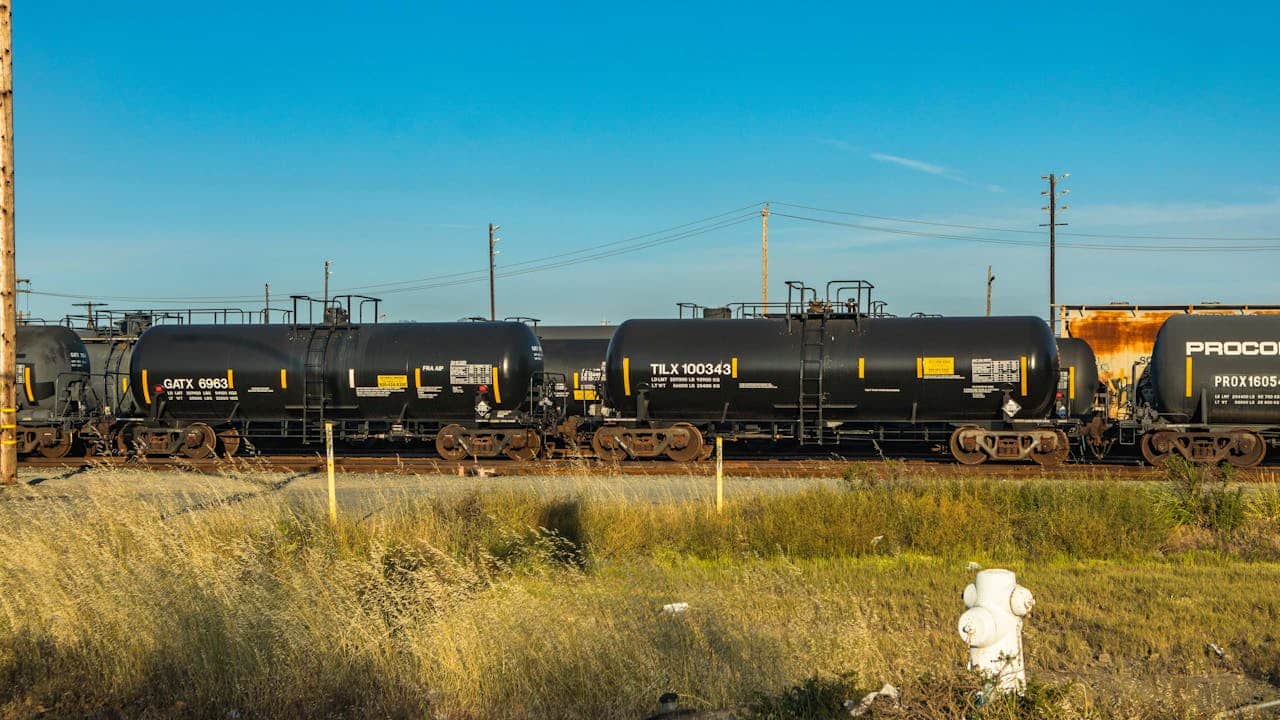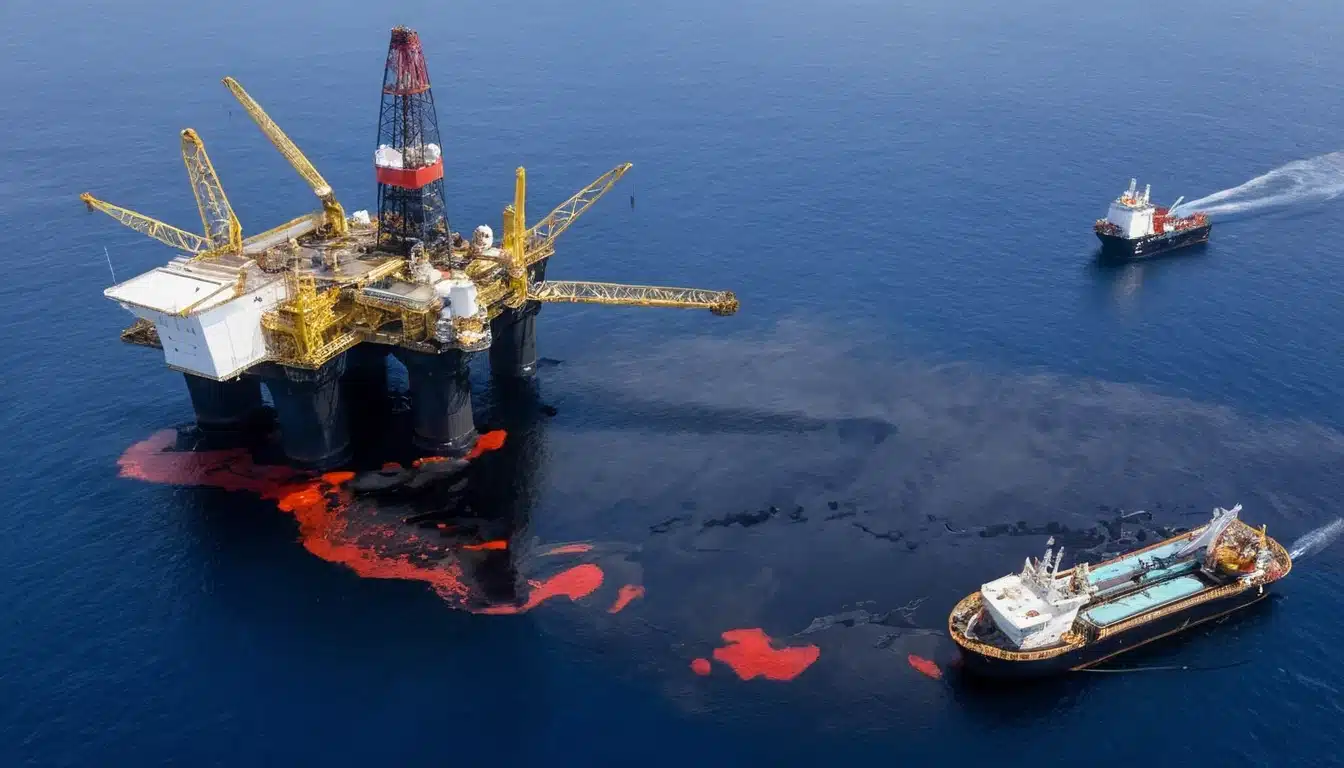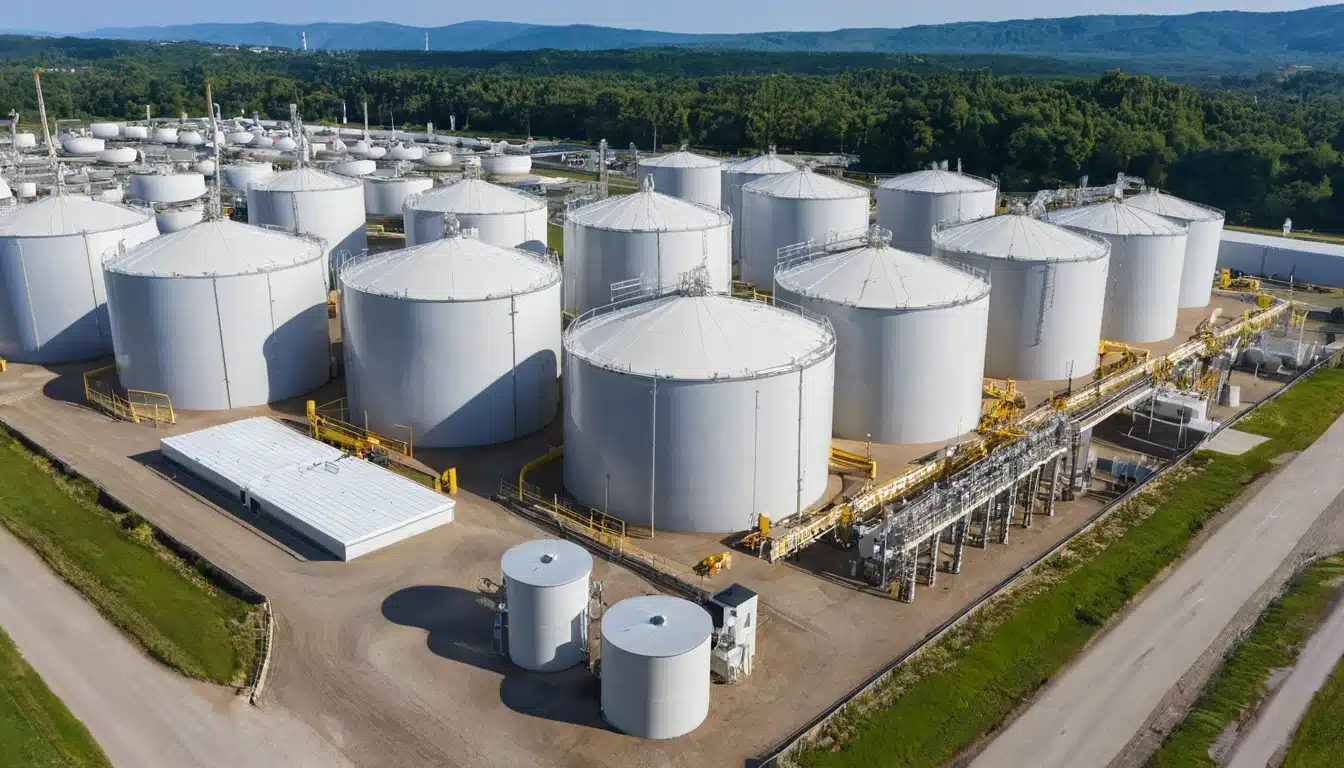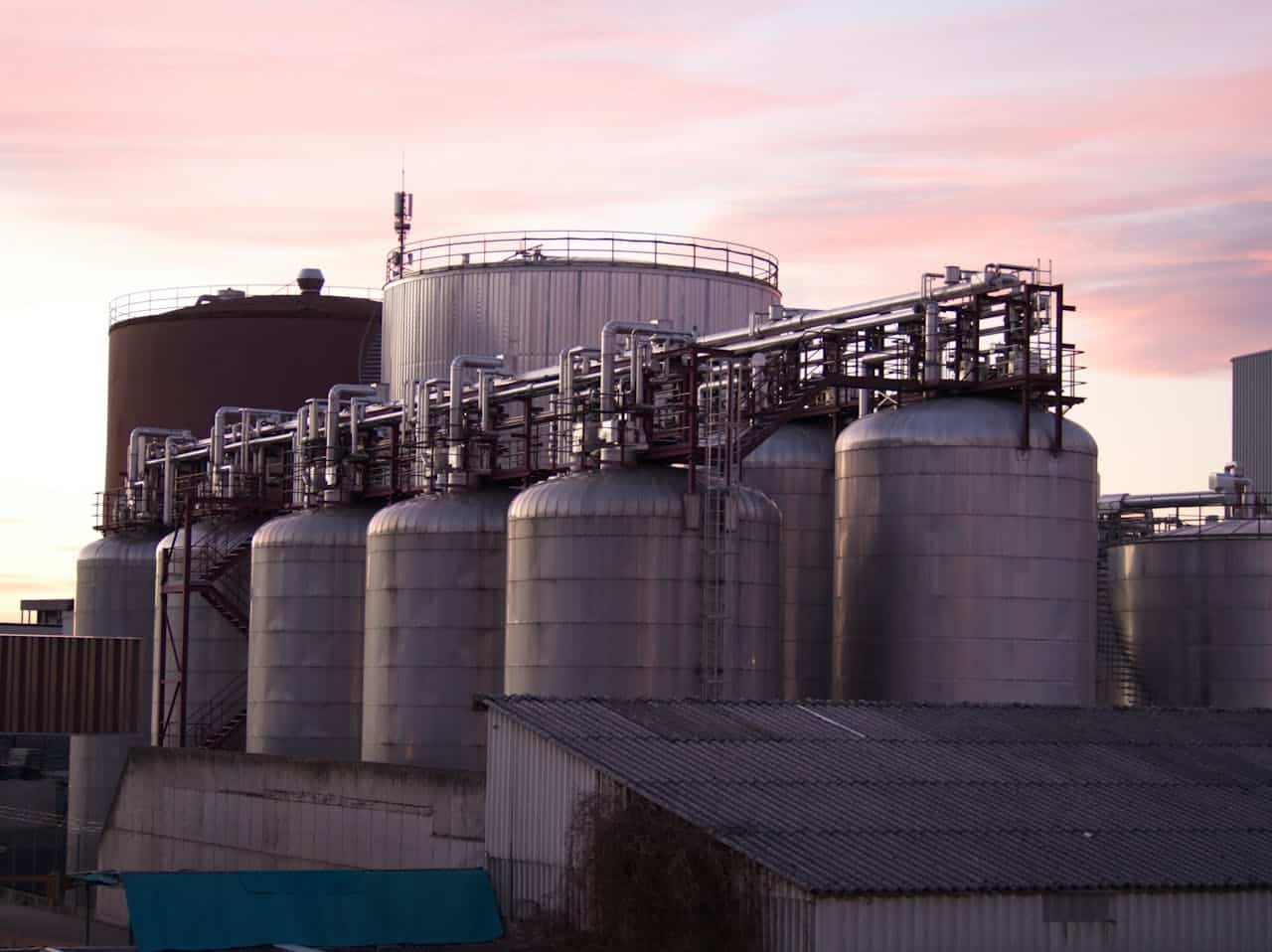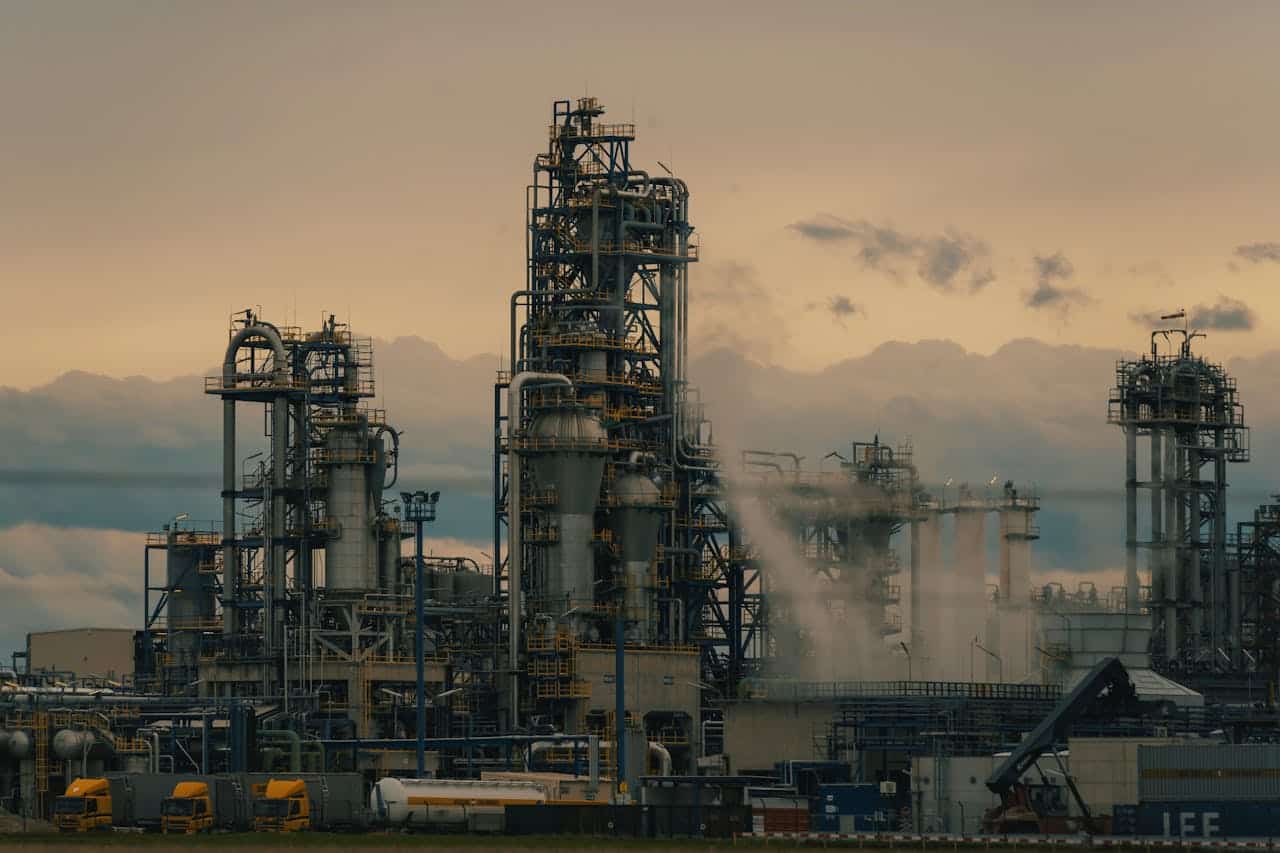Oil and Gas Drilling Technology, Tools, Methods and Process
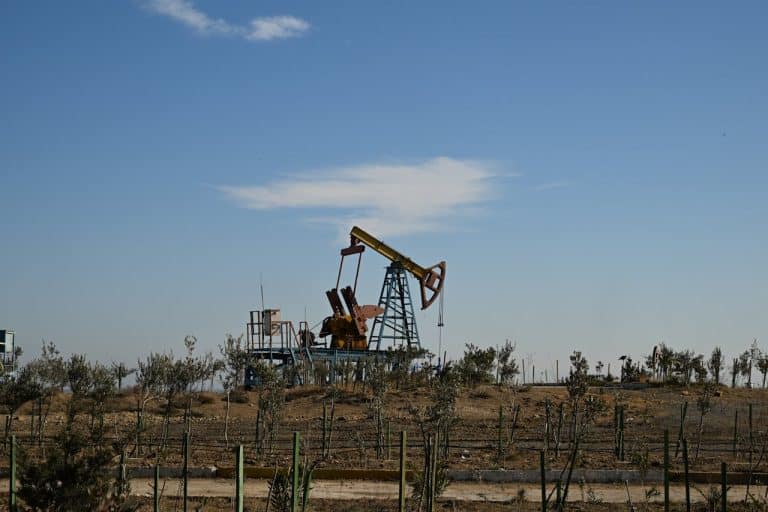
| Date | Format | Duration | Fees (USD) | Register |
|---|---|---|---|---|
| 12 Nov - 14 Nov, 2025 | Live Online | 3 Days | $2625 | Register → |
| 08 Dec - 19 Dec, 2025 | Live Online | 10 Days | $7735 | Register → |
| Date | Venue | Duration | Fees (USD) | Register |
|---|---|---|---|---|
| 01 Dec - 05 Dec, 2025 | Johannesburg | 10 Days | $11085 | Register → |
Did you know that in 2024, Chevron hit the mark when it extracted oil from a field at 20,000 psi (pounds per square inch) – 33% higher than any previous drilling had been done? This compelling statistic underscores the critical importance of advanced drilling tools and deepwater drilling innovations in today’s oil and gas industry.
Course Overview
The Oil and Gas Drilling Technology course is meticulously designed to equip professionals with cutting-edge knowledge in vertical drilling, drilling automation, and oil drilling methods. This comprehensive programme focuses on drilling processes, drilling operations, and drilling safety protocols to ensure participants can effectively navigate the complex landscape of oil & gas drilling.
Why Select This Training Course?
Selecting this Oil and Gas Drilling Course offers numerous advantages for professionals involved in oil and gas exploration and drilling site operations. Participants will gain advanced knowledge of controlled drilling, simulation technology, and well control methods. The course provides hands-on experience with drilling equipment and unconventional drilling techniques, enabling attendees to optimise their drilling operations effectively.
For organisations, investing in this training enhances overall operational efficiency and strengthens safety performance. By ensuring that personnel are well-trained in drilling fluid management and casing and cementing in drilling, organisations not only protect their assets but also build sustainable practices. Research shows that companies implementing comprehensive drilling technologies can significantly improve performance. For instance, Chevron’s $5.7 billion US Gulf of Mexico Anchor project demonstrated how effective drilling innovation could lead to accessing previously unreachable reserves six miles beneath sea level.
Individuals who complete this course will benefit from enhanced career prospects as they become more valuable assets in their respective fields. The skills acquired through this training can lead to professional growth and increased responsibilities within their organisations. Studies indicate that with innovations in high-pressure high-temperature (HPHT) drilling, particularly in the Permian Basin, the demand for skilled drilling operators continues to rise.
Transform your drilling capabilities – Join our next session!
Who is this Training Course for?
This course is suitable for:
- Drilling engineers and operations managers.
- Geologists and geophysicists in oil exploration.
- Technicians and rig crews in drilling operations.
- Project managers in oil and gas development.
- Safety and compliance officers in drilling environments.
What are the Training Goals?
The objectives of this training course are to enable professionals:
- To master the latest drilling technologies and methods.
- To understand and apply drilling tools for efficiency and safety.
- To leverage data analytics to optimise drilling processes.
- To ensure compliance with environmental and safety standards during drilling.
How will this Training Course be Presented?
The Oil and Gas Drilling Technology Course employs a comprehensive and innovative approach to ensure maximum knowledge retention and skill development. Expert-led instruction from seasoned drilling professionals forms the core of the course, providing up-to-date insights into modern drilling techniques and practical applications.
Our training methodology includes:
- Interactive sessions with drilling experts
- Practical workshops using drilling simulation technology
- Live demonstrations of advanced drilling tools
- Group projects focused on drilling risk assessment
- Access to extensive industry resources and networks
Ready to master drilling operations? Secure your spot today!
Course Syllabus
Module 1: Drilling Rig Systems and Components
- Types of drilling rigs for various environments.
- Power systems and rig engines.
- Hoisting systems, including draw works and derricks.
- Rotary systems for drill string rotation.
- Mud circulation systems and their components.
- Blowout preventers and well control equipment.
- Drill pipe and casing handling systems.
- Top drive vs. Kelly drive systems.
- Rig floor equipment and safety features.
- Automation in rig operations.
- Maintenance schedules for drilling equipment.
- Safety systems integration with rig operations.
Module 2: Drilling Fluids and Hydraulics
- Functions and types of drilling fluids.
- Fluid properties and their effects on drilling.
- Hydraulic calculations for optimal performance.
- Solid control equipment like shale shakers and centrifuges.
- Environmental considerations in fluid management.
- Fluid loss control while drilling.
- Drilling mud testing and analysis.
- Managing wellbore stability with drilling fluids.
- Disposal and treatment of used drilling fluids.
- Innovations in drilling fluid technology.
Module 3: Drill Bit Technology and Selection
- Types of drill bits: roller cone, PDC, and diamond bits.
- Bit selection based on geological formations.
- Bit wear assessment and optimisation.
- Drilling parameters affecting bit performance.
- Advances in bit design for extended reach drilling.
- Bit hydraulics for effective cuttings removal.
- Coring bits for geological sampling.
- Bit dull grading for operational feedback.
- Cost-benefit analysis of bit selection.
- Integration of bits with downhole tools.
Module 4: Well Planning and Trajectory Management
- Geological and geophysical data for well planning.
- Directional drilling techniques: MWD/LWD systems.
- Well-path design for target optimisation.
- Casing and cementing program development.
- Drilling fluid planning for different well sections.
- Torque and drag analysis in complex wells.
- Anti-collision strategies in crowded fields.
- Wellbore stability analysis for trajectory.
- Real-time trajectory adjustments.
- Survey tools for wellbore positioning.
- Geosteering for optimal reservoir contact.
- Risk assessment in well planning.
Module 5: Drilling Operations Management
- Daily drilling operations and reporting.
- Drilling optimisation through data analysis.
- Managing drilling risks and contingencies.
- Crew coordination and shift management.
- Performance metrics for drilling efficiency.
- Drilling automation and remote operations.
- Time management and drilling schedule adherence.
- Cost control strategies in drilling operations.
- Non-productive time (NPT) reduction techniques.
- Safety management during drilling.
Module 6: Drilling Data Management and Analytics
- Data acquisition during drilling operations.
- Real-time data transmission and analysis.
- Use of AI for predictive drilling analytics.
- Big Data in drilling for performance insights.
- Data-driven decision-making in drilling.
- Integration of drilling data with reservoir models.
- Cybersecurity in drilling data management.
- Data quality control for drilling operations.
- Visualisation tools for drilling data.
- Predictive maintenance using data analytics.
Module 7: Well Control and Blowout Prevention
- Principles of well control.
- Blowout preventer operations and maintenance.
- Kick detection and management strategies.
- Well control simulation and training.
- Pressure management in drilling operations.
- Emergency response planning for well control incidents.
- Legal and regulatory aspects of well control.
- Well control equipment testing procedures.
- Training for well-controlled scenarios.
- Continuous improvement in well control safety.
Module 8: Drilling Safety and Environmental Compliance
- Hazard identification in drilling operations.
- Safety protocols for rig operations.
- Environmental impact of drilling activities.
- Waste management in drilling environments.
- Spill prevention and response strategies.
- Noise and vibration control measures.
- Compliance with HSE regulations.
- Safety audits and inspections.
- Training for safety awareness.
- Emergency evacuation and rescue operations.
Module 9: Casing and Cementing Techniques
- Casing design for well integrity.
- Cement slurry design and testing.
- Cementing job planning and execution.
- Cement bond logging for quality assurance.
- Casing wear and corrosion prevention.
- Techniques for zonal isolation.
- Remedial cementing operations.
- Cement evaluation and troubleshooting.
- Challenges in deepwater cementing.
- Innovations in cementing technology.
Module 10: Completion and Well Intervention
- Well-completion strategies for production.
- Downhole completion equipment selection.
- Perforation techniques for reservoir access.
- Sand control methods during production.
- Well intervention for maintenance and repair.
- Coiled tubing and wireline operations.
- Production logging for well performance.
- Acidising and fracturing for enhanced recovery.
- Wellbore cleanout procedures.
- Strategies for well abandonment.
Training Impact
Research indicates that organisations implementing structured drilling technology training programmes have demonstrated measurable benefits in both operational efficiency and safety compliance. Case studies highlight the following comprehensive improvements:
From Chevron’s Gulf of Mexico operations:
- Successful implementation of 20,000 psi drilling technology
- Enhanced access to previously unreachable reserves
- Recovery potential of more than two billion barrels
- Improved drilling safety through advanced subsea compression systems
Additional benefits include:
- Significant improvement in drilling efficiency and well control
- Enhanced decision-making capabilities in complex drilling operations
- Improved ability to handle challenging geological formations
- Strengthened safety culture through advanced protocols
- Increased competitiveness through comprehensive drilling strategies
Transform your career in oil and gas drilling – Enrol now!

